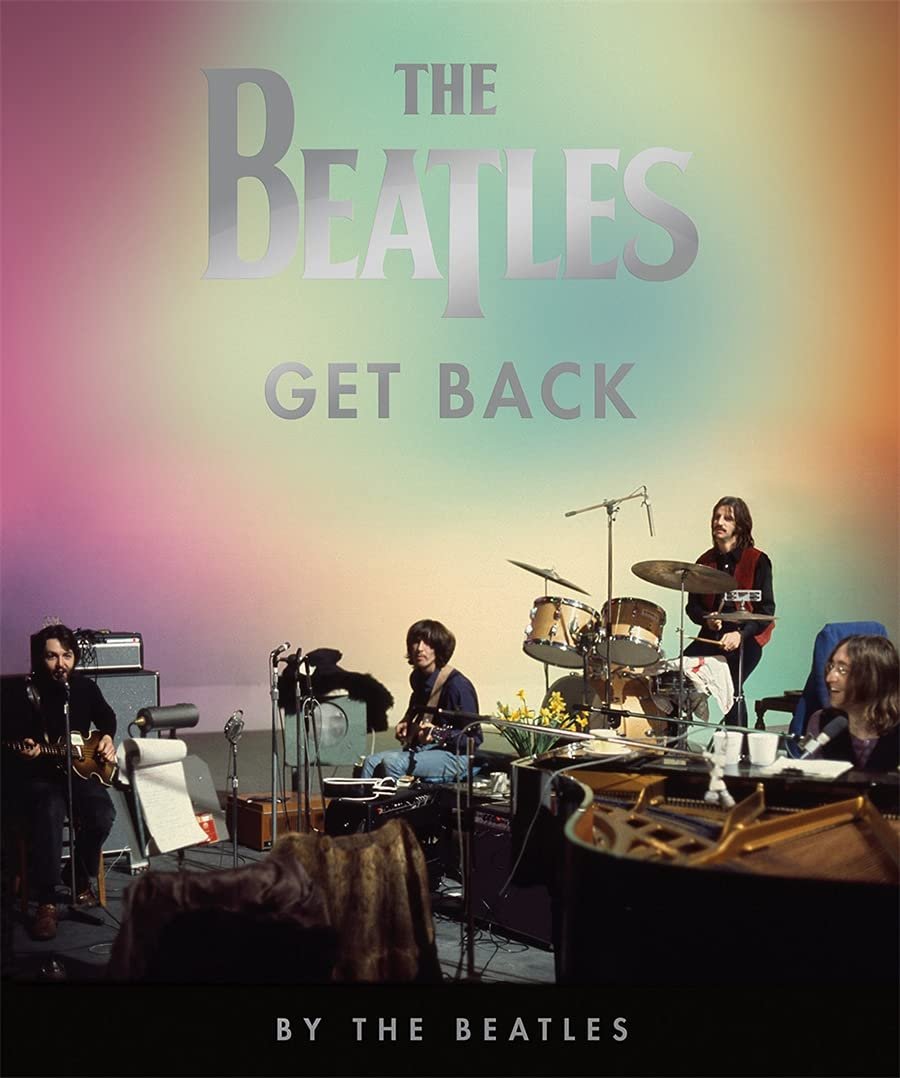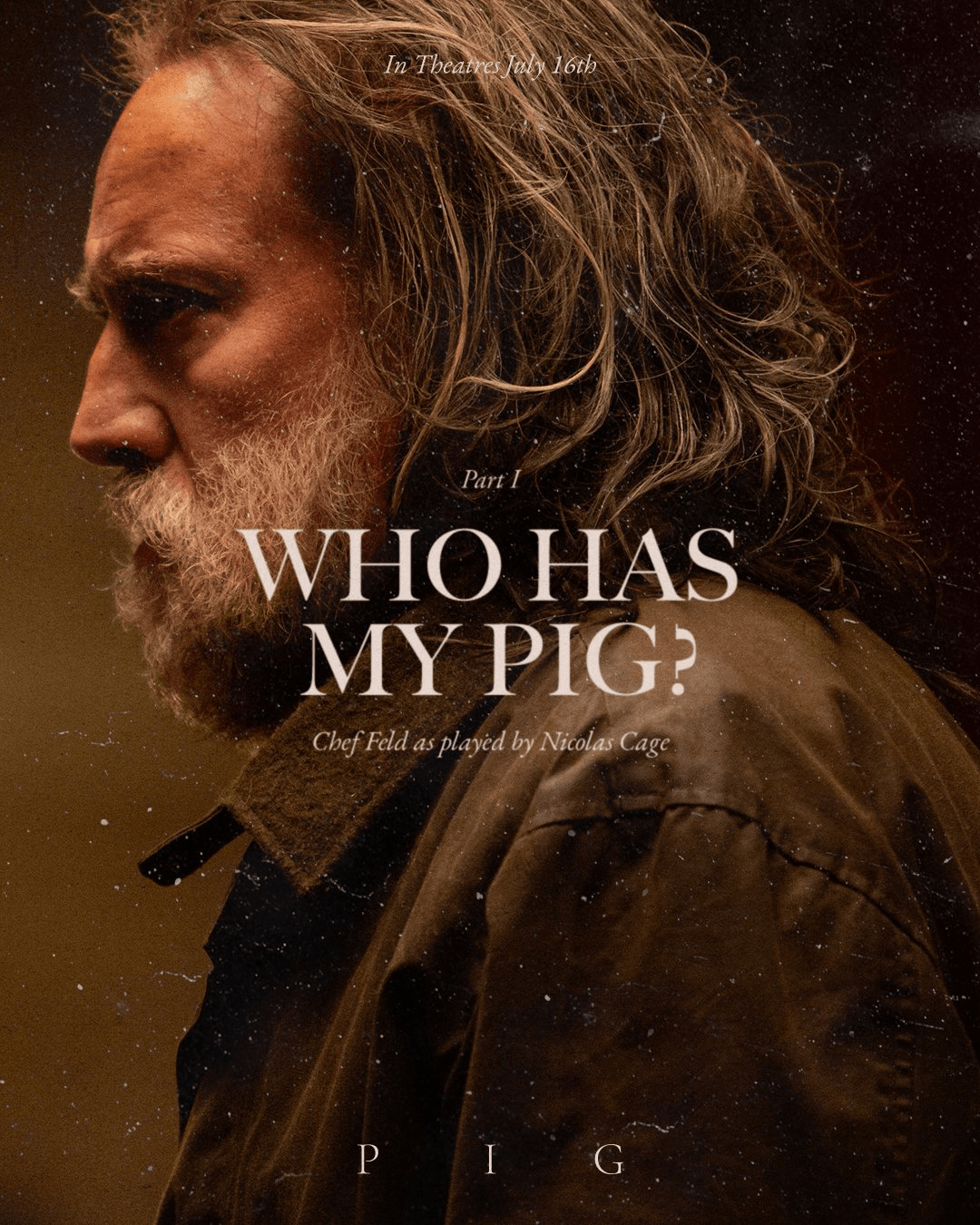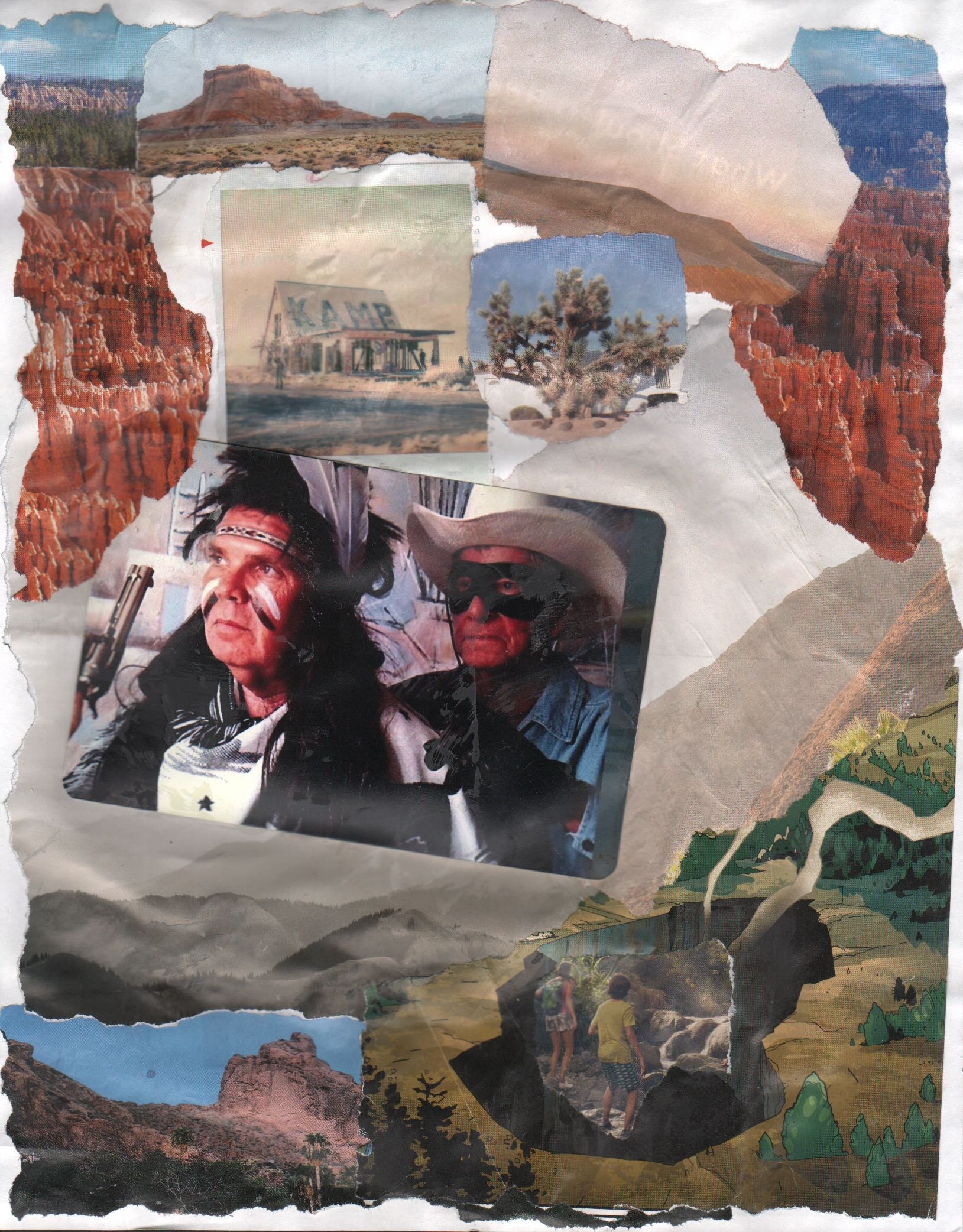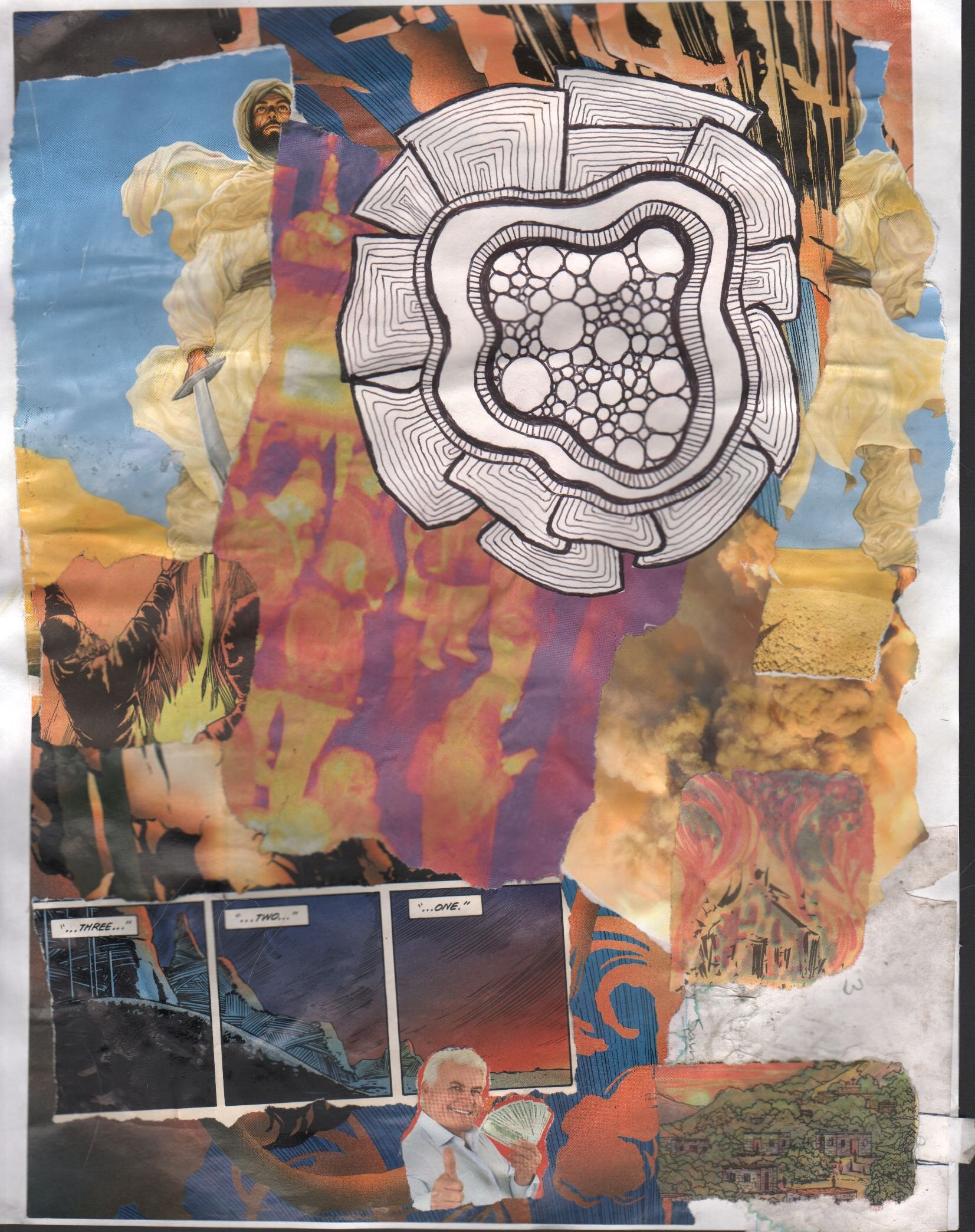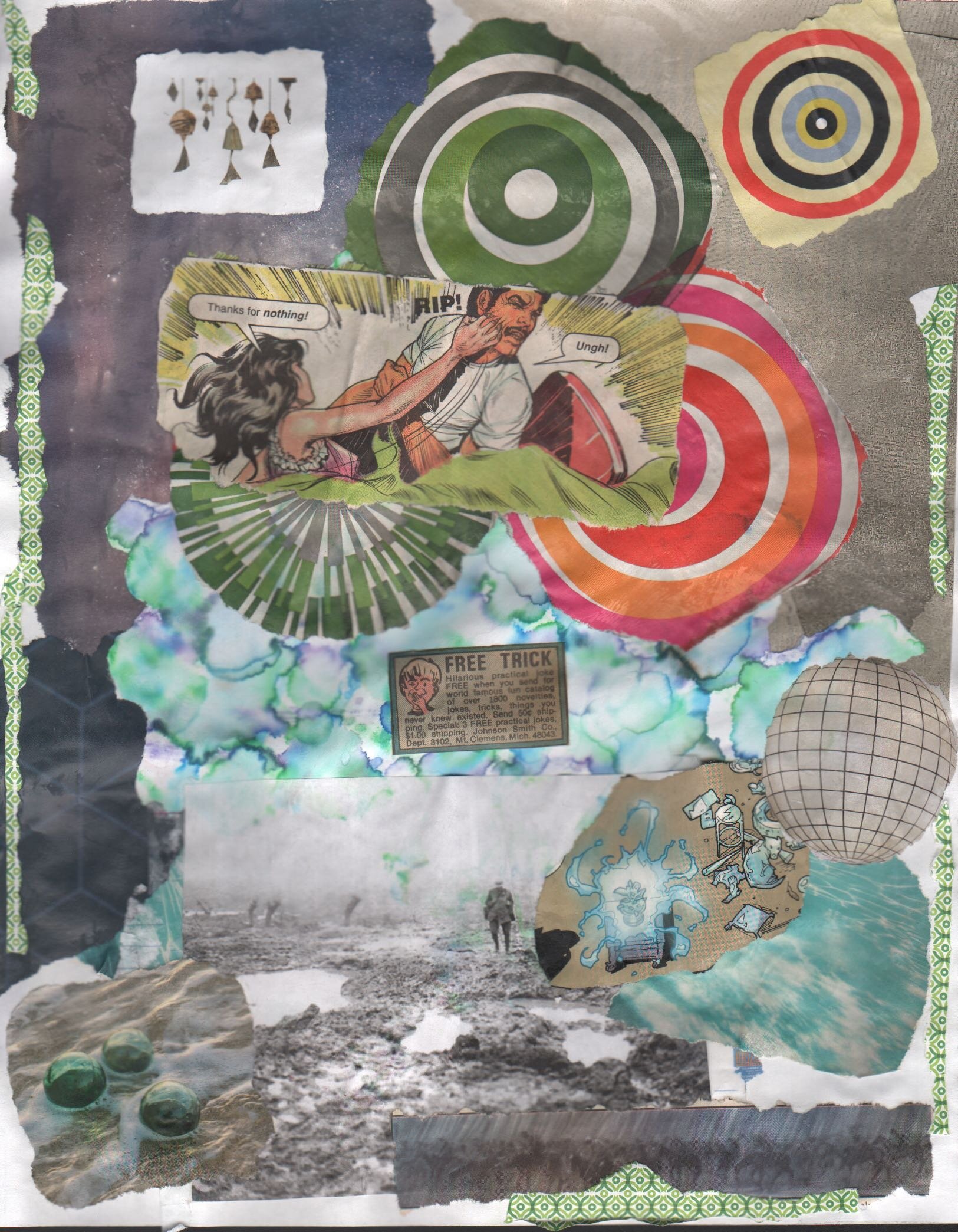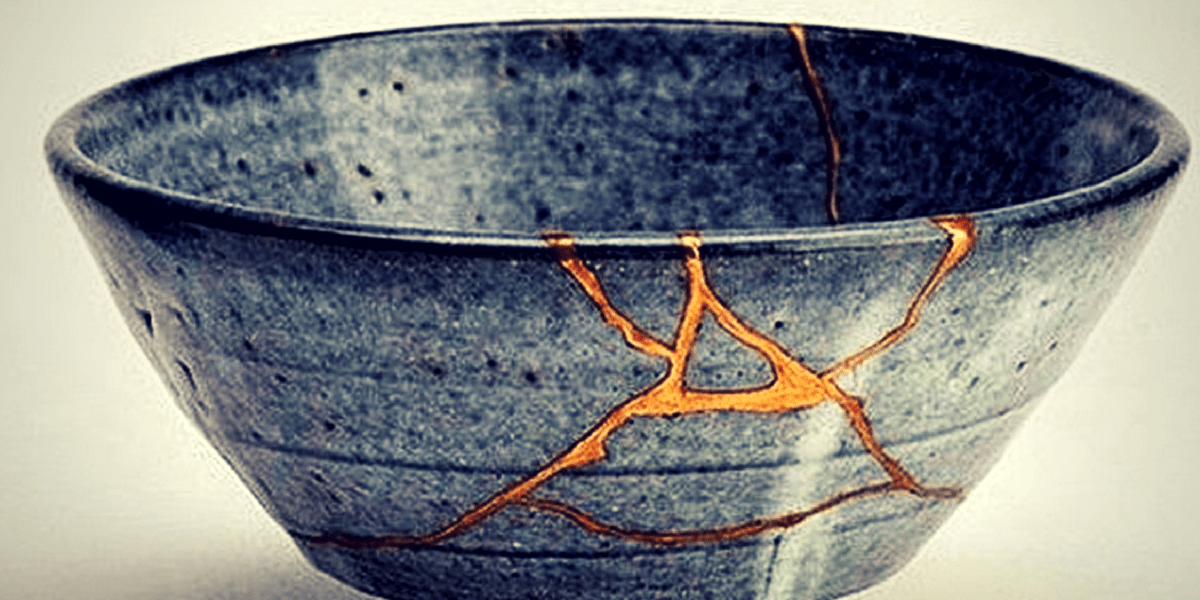I have served in the hospice world for a while now; first as a Hospice Chaplain, then as a Chaplain, Bereavement Coordinator, and Volunteer Coordinator all at the same time before stepping in to my current role as a Bereavement Counselor late last yer.
Throughout it all, I have tried to maintain a tender skin and tough skin. I get to walk alongside strangers in their toughest moments, but as a Bereavement Counselor, my role is only “interventionist”. I am a Bereavement Counselor. My role is to help people through the immediacy of Bereavement. That includes Grief counseling, which I do a lot of, but that not is my primary role. Let me explain how understanding the nuances between grief, bereavement, and mourning can help us help others through the complicated grief of Quarantine.
Grief is the natural reaction to any significant loss or change. Most often it is something/someone meaningful in our lives (though not necessarily that we love).
Complicated Grief is grief that does not resolve in a healthy way or time-frame. This can include grief long after the loss, but it can also include “complications” in the grieving process itself. The Complicated Grief website compares complicated grief to getting an infection after a wound:
“You can think of healing after loss as analogous to healing after a physical wound. The loss, like the injury, triggers a pain response which can be very strong. Injuries also activate a healing process. Loss does too. However, a wound complication, like an infection, can interfere with healing. So, too, maladaptive thoughts, dysfunctional behaviors or inadequate emotion regulation can interfere with adaptation to loss.”
During most times, most people will not experience complicated grief and most will not even need a Grief Counselor or long-term counseling. But these are not most times, are they? We are in the middle of a global pandemic which has many not only quarantined but isolated and separated from common mourning practices. As if their loss were not enough to bear, COVID is complicating the grief many people experience.
Without getting too far in to the weeds with definitions, I want to offer this quick outline of ideas:
Bereavement is the act of losing someone/something we have relationship with or attachment to (not necessarily that we love).
Grief is the natural reaction to any significant loss or change (often including conflicting emotions).
Mourning is the outlet we try to give to our grief. This includes family/religious/cultural memorials and events like funerals, wakes, or even informal things like reminiscing or even crying with others, etc.
As our culture has moved further and further away from a clearly delineated, cultural norm of mourning, grief has often become more complicated. Mourning is the outlet or process we try to give our grief. This often culminates in a memorial/funeral/graveside service, but can include things like mourners (people publicly displaying both their bereavement and grieving) may wear black or subdued colors. Public rituals like flying a flag at half-mast. Some people wear armbands. In some cultures, widows wear black for a long time following the death of a spouse. Some people get tattoos. Some will hold wakes. Some cultures will cut their hair. Some cultures will seclude the bereaved for a period of time.
All of these are part of the mourning process. They are public displays that we are bereaved (separated from) and that we are grieving. And the fact that they occur publicly is important. After a significant loss, our world is shattered. And, for a time, we are “different” from everyone else. They don’t know what we’re going through. They may have lost someone but every grief is different. And as we learn to accept and incorporate our loss in emotionally healthy ways . . we close the casket . . . we throw the dirt . . . we cry together . . . we grieve and feel the pain of our loss and then, someday, gradually we wear black less often . . . we take the armband off . . . we return from seclusion. And we move back in to community (although this process often takes place with a community along every step); we are “restored.” And we have moved through our grief.
But COVID has shut down most large gatherings. Most people have cancelled or put put funerals on hold. Large memorial gatherings are prohibited. And for the safety of the community, many people are being forced in to complicated grief. In community, or with the appropriate cultural cues, most people grieve appropriately.
Bu without a formal mourning process, we often do not not know how to process our grief. Without the cultural landmarkers of things like “viewing,” “memorial”, “graveside service/burial”, we lose little but key perspectives of time and healing like: “it’s been a week since we all gathered together; remember when Aunt Dottie shared that story none of us had heard before, and remember how hard cousin Bill took it, I didn’t realize he would be affected so much . . . “
Isolation and lack of cultural cues has led to complicated grief for many people. Chances are, someone you know is hurting and processing some type of grief. And chances are, someone you know feels like they have to do it alone. Grief and grieving are things everyone will go through but no one talks about and no one teaches us how to do. Most of us muddle our way through it somehow, but many are trapped in isolation right now. It’s not that they’re not going to make it through, it’s just that it’s going to be more of a slog than it has to be. I don’t know that our culture has yet had time to consider the many ways COVID will affect generations to come.
So, if chances are that someone we know is processing grief alone, then the obvious answer is to love our neighbors and consider others better than ourselves. Pick up the phone. Send an e-mail. Send a hand-written letter. Send a care package. More than anything, let someone know you care. Memento Mori, friend; remember that we too will die. That shadow pushes us to share the light of hope of the Love of God.
Don’t offer advice. Don’t tell them you know what they’re going through (especially if you think you do). Don’t tell them “time heals all wounds” or that they “just need to get over it.” Don’t tell them no to cry. Do not say: “Well, at least you had all the good times” or: “Well, they’re in a better place now”. Do not give them a time-frame and do not judge someone else’s grief by your own experiences.
Listen.
Ask a few questions.
And listen.
That’s all you need to do.
“I’m just calling to check on you and see how you’re doing . . . “
“I hope you don’t me asking, but are you eating and sleeping OK?”
“Have you been able to have any public mourning event?"
“Do you have a support system in place; people you can share with?”
“Where do you find strength for times like this?”
Let the griever guide. You’ve already shown that you care and that you’re willing to be whatever presence they need. If they need to talk, they will. And you’re willing to be present with someone in the midst of their isolation and ask simple questions like the one above and have the patience to listen, you’d likely be surprised how many seeds of hope we can spread.
COVID is having impacts we will not understand for years. I wonder how many people’s complicated grief might lead to other issues down the line and what we can do about it.
Let’s all be good neighbors. We’re all hurting.
Who needs to hear from you today?






